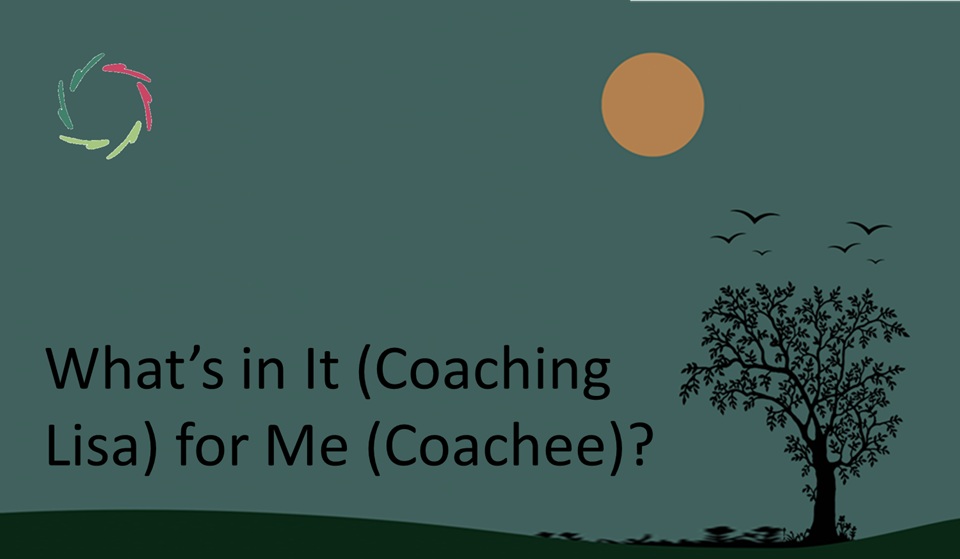Two Extinctions

A recurrent maladaptive behavior, thought, or feeling can gradually diminish in two ways. Either it entirely disappears, or it dissolves. There are differences in path and endpoint.
About extinction
A mental ‘problem’ is usually recurrent. That’s the reason why people search for help, including professional help. In one word: therapy (or mental coaching).
‘Extinction’ is one way the problem can be handled. The aim is to let it gradually diminish until gone.
Gentle slope
The gradualness is like a gentle slope. The slope may start slowly, then go quicker and end again slowly.

Preferably, this happens at a pace that is not determined entirely from the outside.
Now, purely logically, there are two ways anything can diminish: materially and formally. This is also relevant to mental ‘problems’ ― better said, issues.
Materially
This is like evaporation. The end goal is a situation that resembles the one in which there was no problem to start with.
The extinction is of the problem altogether — no further consequence. Nothing has been learned. There is no upshot to the extinction itself.
In strict (de-)learning behavior theory, you couple a positive stimulus (PS) with an already present negative stimulus (NS), the one that leads to the maladaptive consequence (MC). This way, the negative stimulus loses its power. The result becomes a neutral consequence (NC).
In steps, diagrammatically:
- dire situation: NS → MC
- therapy: NS + PS → NC …
- until resolution: NS → NC
For instance, a stress-provoking stimulus is repeatedly coupled with relaxation. Gradually, the relaxation ‘rubs off’ on the stimulus so that the resulting stress pattern extinguishes. The person becomes more stress-resistant. Negatively put, the person becomes less sensitive. But is that the only possible goal?
Formally
This is like salt dissolving in water. Note that here too, ‘the problem disappears.’ Depending on the person and the case, it may happen more or less like evaporation.
Let’s take a glass of salt-less water and put some salt in it. This doesn’t materially disappear, only formally: It changes its prior form into a different one. Meanwhile, the water becomes salty water. Thus, the consequence is not the preceding salt-less situation.
Take the same person as before with the stress-provoking stimulus. Now, we gradually help the person to ‘open the problem.’ This can be done, for instance, by gradually bringing the person into contact with the why of the stimulus-provoked stress.
In AURELIS context, this is mainly done at and through the subconceptual level.
This process can be seen as the attainment of insight.
For instance, into what the real, underlying goal is of a symptom such as chronic pain or any psycho-somatic issue. How this insight is concretely reached is of prime importance. [see: “Insight is a Path“]
Thus, in a deeper sense, attaining the insight (the path) may itself be the main part of the needed change itself. Traveling on this path = making the change.
Attaining the insight is like the dissolving of salt in water. Gradually, the health-related symptom is not needed anymore. The water becomes salted water, enriching the person.


